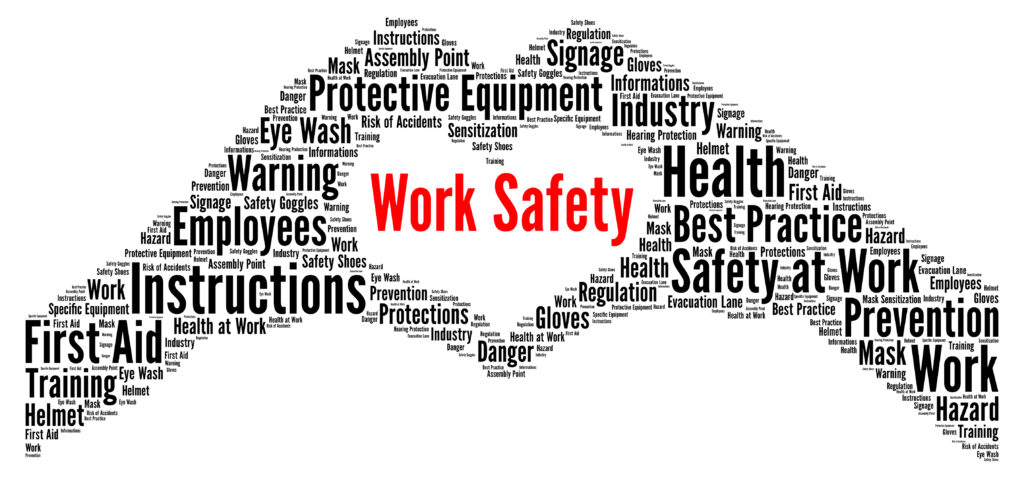 In 2025, employee expectations for employer benefit packages will continue to evolve, particularly when it comes to mental health and equitable access to innovative treatments. And as cities and states redefine drug classifications and studies reveal the potential benefits to psychedelic drug treatments, employers face a critical moment of reflection: How will these decisions align with the growing emphasis on benefit equity and inclusivity?
In 2025, employee expectations for employer benefit packages will continue to evolve, particularly when it comes to mental health and equitable access to innovative treatments. And as cities and states redefine drug classifications and studies reveal the potential benefits to psychedelic drug treatments, employers face a critical moment of reflection: How will these decisions align with the growing emphasis on benefit equity and inclusivity?
Employers must also be ready to explain and defend those decisions as a growing number of cities and states allow use of psychedelic substances for mental health conditions including depression. In 2023 alone, 8 million Americans turned to psilocybin as a treatment option, which underscores its growing prominence as a potential mental health solution.1
We see a growing number of providers specializing in psychedelic treatments, a third-party administrator focused on the treatment, and more employers adding it to benefit plans. And one of the main reasons they’re doing so is to ensure health equity.2
As data shows that these treatments can be effective for depression even when traditional approaches fail, employers may soon be under more pressure to explain why their policies do not cover the treatment. A recent article3 notes the risk to employers covering medications approved for use in diabetes and rejecting coverage of those medications for off-label, approved use in obesity-related treatments.
In addition to using psychedelic drugs for mental health issues including depression — a leading cause of absence and disability — it has implications for physical disability claims.4 Employers are well-versed in conversations about the cost of mental and physical illness, but issues of equity within the realm of treatment choices may be relatively new, and they will have greater implications with parity.
Employers that break down artificial silos between workers’ compensation, absence and disability management, and human resources realms are able to tap into valuable data to assess the need for different benefit solutions and quantify their return on investments.
Seeking Solutions
There is growing interest in using psychedelic drugs as noted by DMEC conference speakers and members, who report more employee accommodation requests for psychedelic-assisted treatment. In addition to coverage and access questions, safety concerns influence employer responses to these employee accommodation requests. Anecdotal stories illustrate the need to balance employee needs with workplace and community safety. They also raise questions about how employers assess fitness for duty in cases when employees who receive psychedelic drug treatment return to work and employers’ ability to customize accommodations that achieve mutually beneficial goals.
This is the core of disability and absence management and will become increasingly important as employers face nuanced challenges related to new treatment types, including psychedelic drugs. Recognizing the need to reengage employees and ensure equitable treatment across mental and physical realms of health will be increasingly important moving forward considering the growing incident rates for mental illness.5
While we have a lot of unanswered questions regarding psychedelic drug treatment, we know employees expect employers to help them find and access effective treatment options, and that includes psychedelic drugs and marijuana.
A growing body of evidence shows that these drugs, which are not legal in all cities and states, yield results. That should prompt employers to reassess their policies and procedures, including drug testing. It should also prompt employers to assess data across workers’ compensation, absence and disability management, and human resources realms to examine the need for different benefit solutions and quantify their return on investments.
A New Day?
We have seen a domino effect of cities and states approving medical and recreational marijuana and psychedelic drugs.6 The momentum hit a speed bump in the 2024 election when voters rejected legalizing psychedelic drugs and marijuana in Massachusetts and Florida, respectively. However, analysts note that a slim majority defeated the marijuana bill in the Sunshine State, and some believe it’s only a matter of time before Massachusetts voters legalize psychedelic-assisted treatments.
With growing acceptance for and access to these types of treatments that fall outside traditional health insurance guidelines, employers should assess programs and discuss potential changes to ensure policies convey genuine care and support, not just promises that fail to align with the realities employees face.
Regardless of current practices, the question of allowing access to psychedelic drug treatment (and providers) should be part of every employer’s benefits discussion. Advocates say integrating psychedelic treatments into benefits could directly influence return-to-work rates for employees struggling with treatment-resistant depression, a condition often linked to prolonged disability claims.7 By addressing mental health barriers, employers can reduce overall absence costs and foster a more resilient workforce. Leadership teams must spearhead conversations about how (or if) these types of emerging treatments intersect with organizational values and goals.
The question is why employers will (or won’t) include these treatments in benefit programs, whether that decision raises equity issues, and how management will explain and defend the decision. The practical piece is reviewing policies and procedures to ensure employers have (or create) a supportive and compliant approach to drug screening and testing, as well as accommodations that help employees stay at work and return when leaves of absence are required. By addressing these questions, employers set a precedent for thoughtful and equitable benefit design.
Ensure your organization is talking about psychedelic drugs as a possible addition to employee benefits and include disability and absence management professionals in the discussions. This approach helps in myriad ways — identifying a need for new solutions and workplace risks that need to be addressed, verifying that employees know what is covered by their insurance, and determining how teams can address employee requests that roll in.8
As the conversation about mental health and equity evolves, employers have an opportunity to lead with vision and empathy. By engaging disability and absence management professionals and ensuring benefits reflect modern needs, organizations demonstrate their commitment to employee well-being, an investment that pays dividends in engagement, productivity, and trust.
Some employers are leading the pack here and including psychedelic treatment options to ensure an even footing when it comes to mental and physical health conditions. And as employees ask more questions about their benefit options and increasingly rank those options equally with salary, savvy employers will be ready to answer questions or, ideally, initiate the conversation.
References
- RAND. Considering Alternatives to Psychedelic Drug Prohibition. June 25, 2024. Retrieved from https://www.rand.org/pubs/research_reports/RRA2825-1.html
- HR Executive. Aug. 9, 2024. Psychedelic-Assisted Therapy: ‘The Beginning’ of a Health Benefits Trend? Retrieved from https://hrexecutive.com/psychedelic-assisted-therapy-a-new-mental-health-benefits-trend/
- Welcoa. Offering Psychedelics, Like Ketamine, as an Employee Benefit. Oct. 18. Retrieved from https://welcoa.org/blog/offering-psychedelics-like-ketamine-as-an-employee-benefit
- Enthea. The Hidden Cost of Poor Mental Health in Every Workplace. Retrieved from https://www.enthea.com/resources/the-hidden-cost-of-poor-mental-health-in-the-every-workplace
- National Library of Medicine. Changing Trends in the Global Burden of Mental Disorders from 1990 to 2019 and Predicted Levels in 25 Years. Retrieved from https://pmc.ncbi.nlm.nih.gov/articles/PMC10689059/
- UC Berkeley Center for the Science of Psychedelics. Psychedelic Law and Policy Map. Retrieved from https://psychedelics.berkeley.edu/law-and-policy-map/
- HR Executive. Psychedelic-Assisted Therapy: The Beginning of a Health Benefits Trend? Aug. 9, 2024. Retrieved from https://hrexecutive.com/psychedelic-assisted-therapy-a-new-mental-health-benefits-trend/
- Littler. Microdosing Psilocybin: Popular Drug Has Implications for the Workplace. Oct. 9, 2024. Retrieved from https://www.littler.com/publication-press/publication/microdosing-psilocybin-popular-drug-has-implications-workplace











